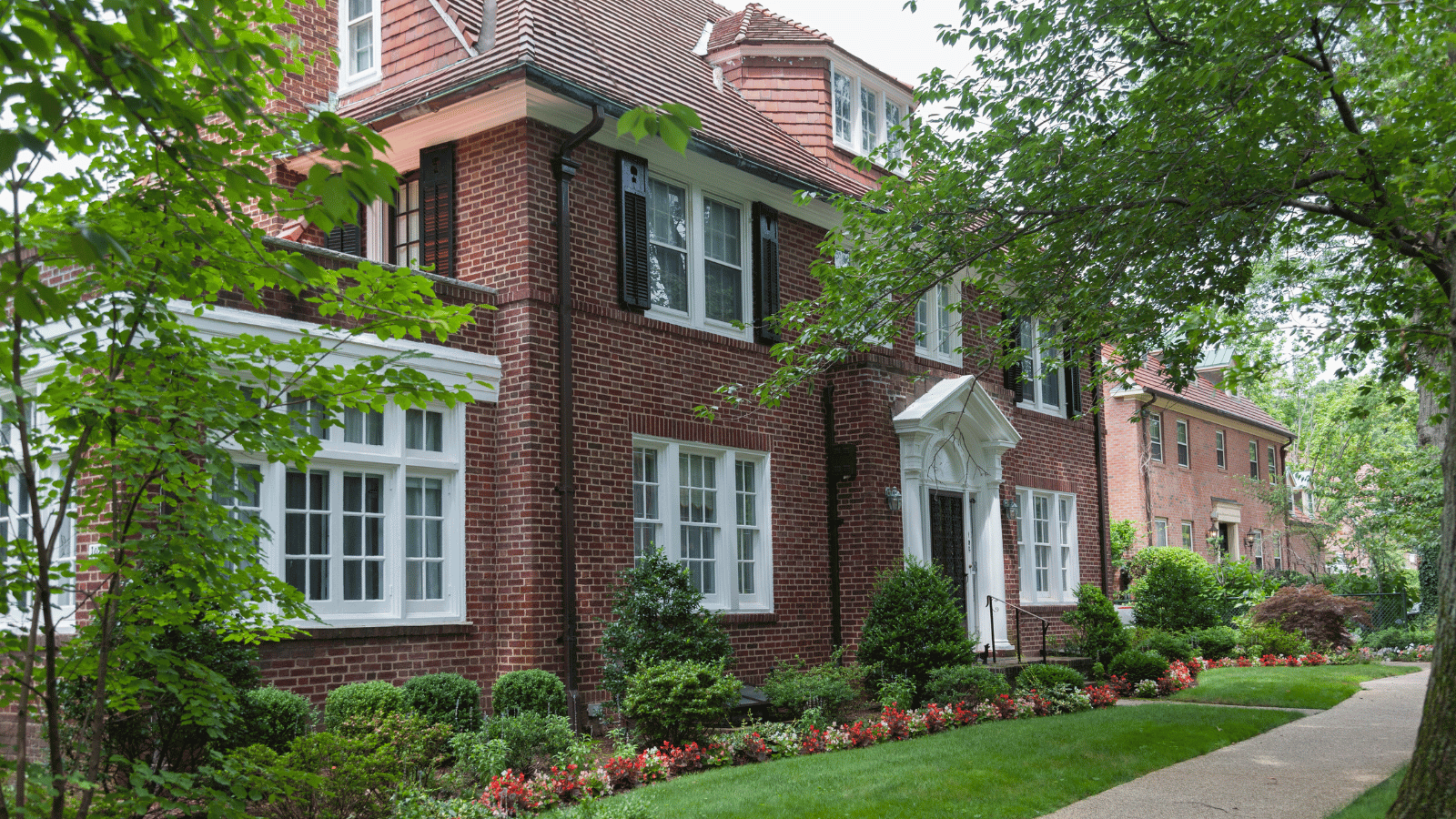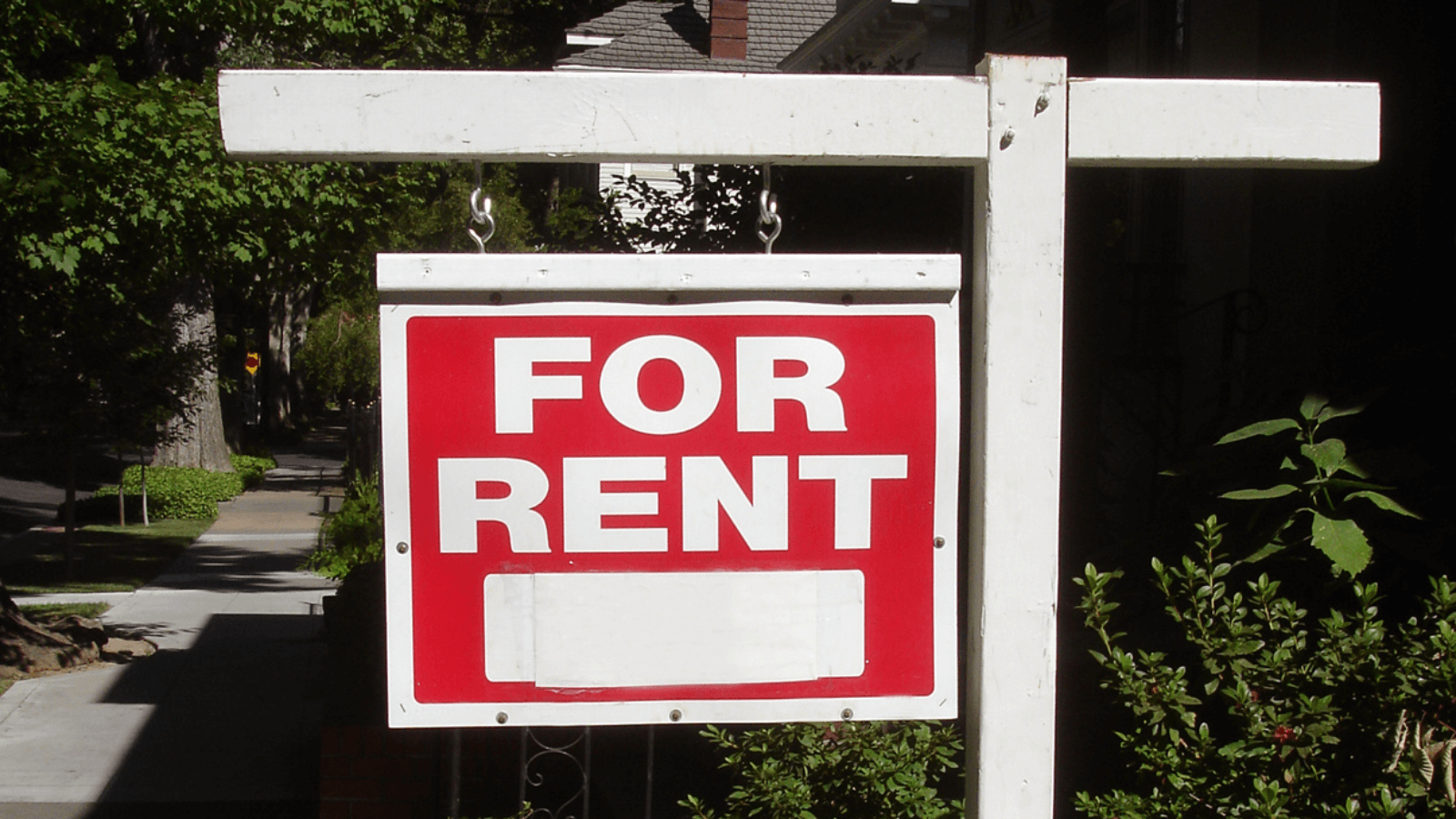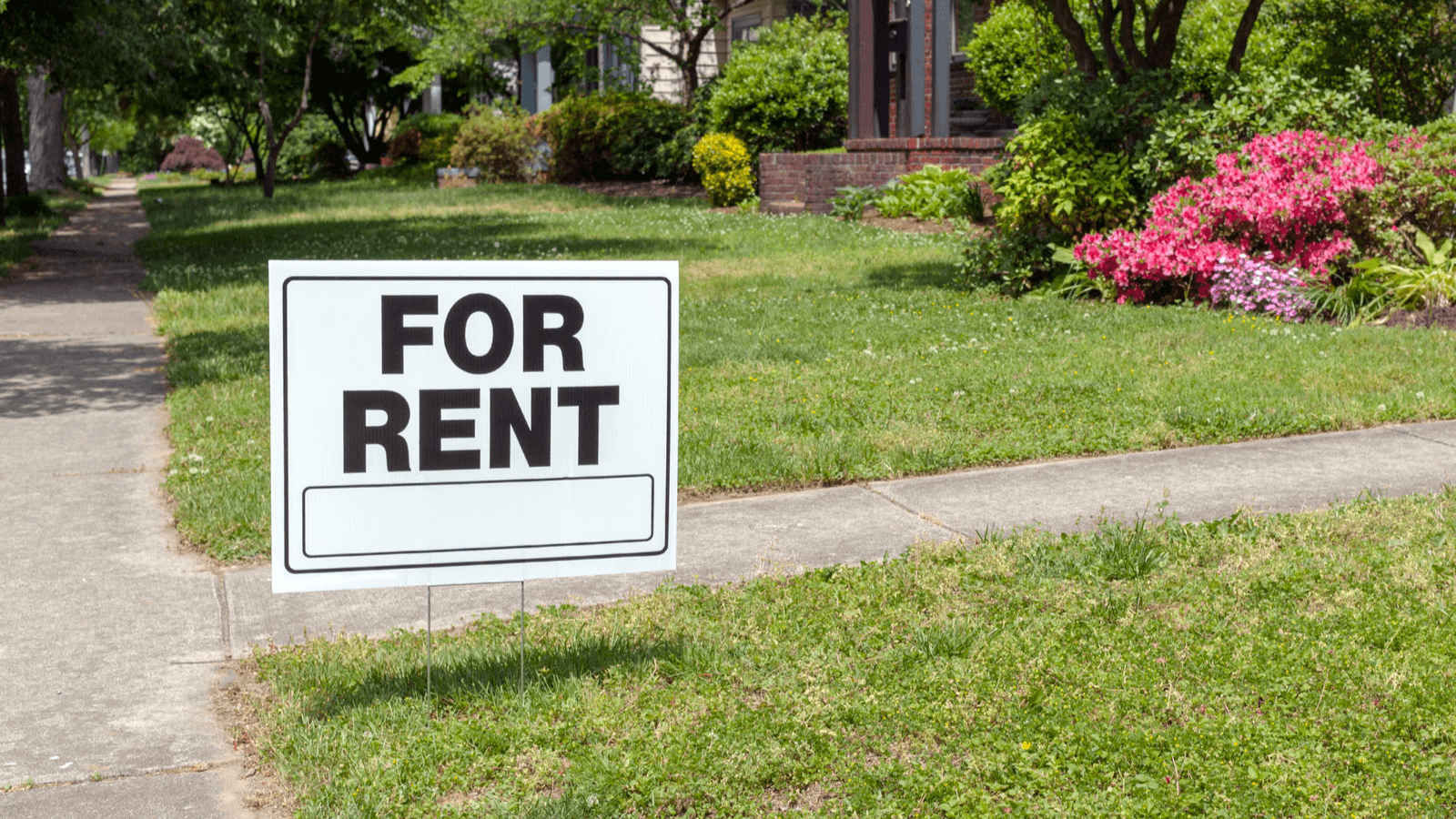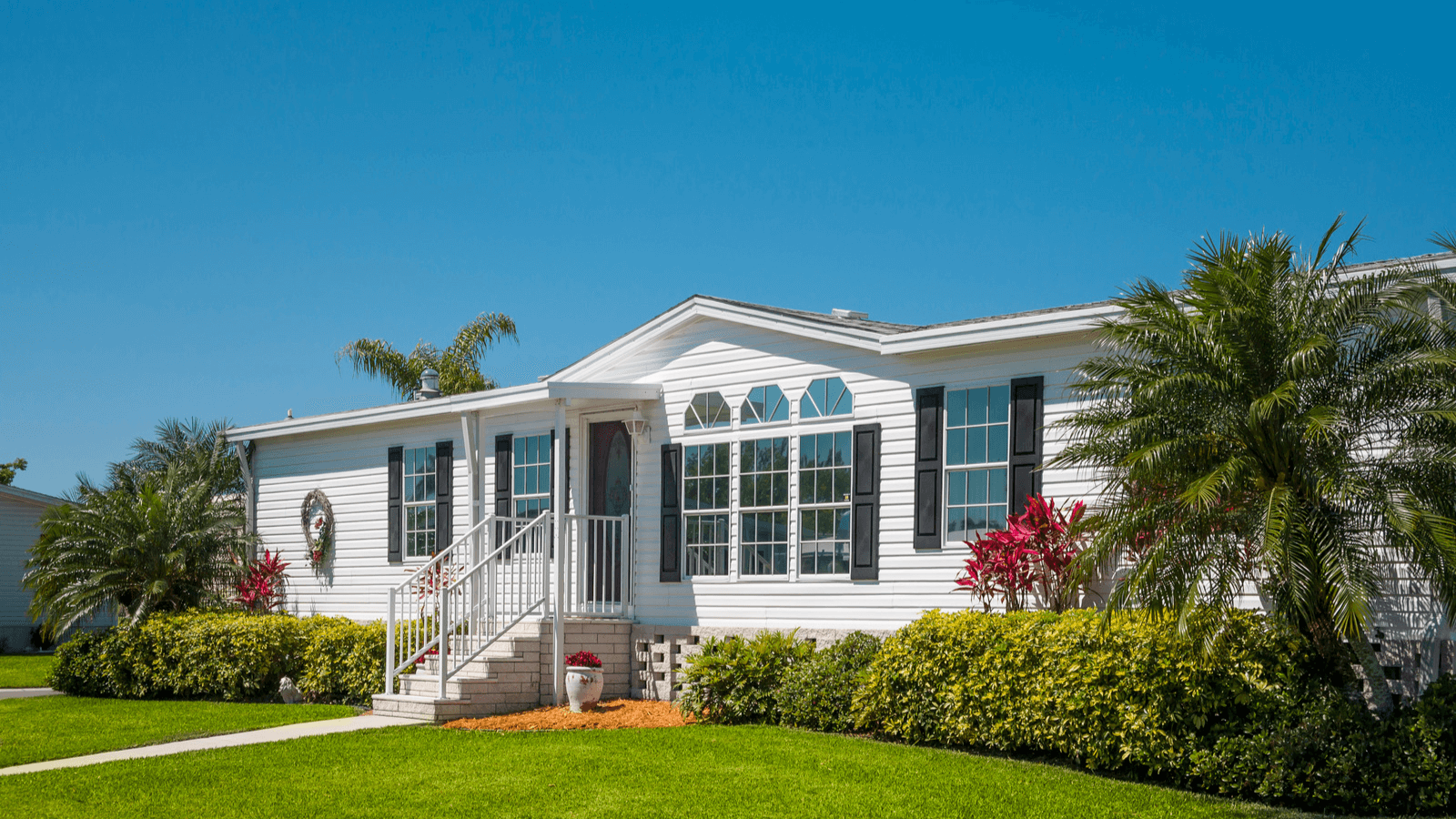-
Navigating Probate: What You Need to Know When Inheriting a Home in North Carolina

Losing a loved one is never easy. However, while you’re dealing with the emotional side of grief and loss, adding in the legal and financial aspects that come with inheriting a home can be extra overwhelming and daunting if you’re unfamiliar with the probate process. Suppose you have recently inherited a home in North Carolina.…
-
Property Disputes: How to Resolve Boundary Line Issues in North Carolina

Property disputes can be both emotionally and financially draining. One of the most common sources of property disputes in North Carolina is boundary line issues. These disputes arise when property owners have disagreements or uncertainties regarding where one property ends and another begins. Resolving boundary-line issues can be challenging, but it’s essential to address these…
-
HUD Homes: Making Homeownership More Accessible in North Carolina

While homeownership remains a dream for most Americans, today’s economy and real estate market have made it difficult for many to make that dream a reality. Many homebuyers turn to the foreclosure home market to find more affordable houses in markets where they have been priced out, only to find that wealthy investors who buy…
-
FAQs: Real Estate Closings in North Carolina

Becoming a homeowner involves several crucial milestones, with real estate closing being one of the most significant. The real estate closing, or settlement, is the final step in the home-buying process. It’s when property ownership is transferred from the seller to the buyer. During this meeting, both parties and their representatives gather to review and…
-
Legal Lingo: An Overview of Common Rental Terms

Are you planning to rent or lease a property? Perhaps you’re a first-time landlord looking to draft a rental agreement. Understanding the key terms related to real estate rentals is crucial to ensure a smooth and legally sound process. In this latest installment of our Legal Lingo blog series, we’ll explore and define some essential…
-
FAQs: Refinancing in North Carolina

When you decide to use a mortgage loan to buy a home or any real estate, you also decide to make a long-term investment. If the market or your financial situation changes during the term of your loan, you may choose to take advantage of your option to refinance your mortgage to change the terms…
-
Legal Lingo: An Overview of Common Real Estate Terms

The legal world is full of terminology that can confuse anyone outside it. Through our Legal Lingo blog series, we’ll introduce you to and define some legal lingo you might encounter to help you be more informed. Real estate transactions, in particular, include many terms specific to the real estate world, and if it’s your…
-
North Carolina Landlord Disclosure Requirements

North Carolina state law requires landlords to disclose certain information to their tenants about the property or the policies in their lease. These disclosures should be done through written communication, typically in the lease or rental agreement, and ensure a safe and secure rental experience for both landlords and tenants. As a landlord, it’s important…
-
FAQs: North Carolina Short Sales

While real estate short sales can provide sellers a way out of an unmanageable mortgage, and buyers an opportunity to buy a property at a bargain, they have typically been considered a rarer option. However, with recent declines in the economy, the North Carolina real estate market has seen an increase in “short sale” transactions. …
-
Is a Mobile Home Considered Real Property or Personal Property in North Carolina?

Manufactured homes, most commonly known as “mobile homes,” present a unique challenge for real estate professionals, particularly when it comes to the issue of whether they should be titled as real property or personal property. Real Property vs Personal Property Real property consists of land and buildings or structures permanently affixed to it. Personal property…
